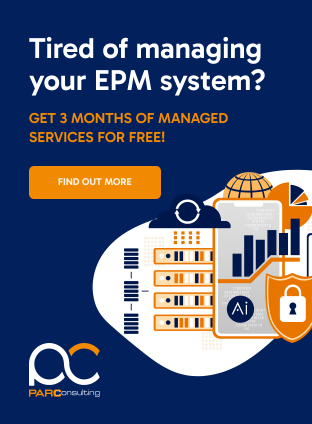In the realm of database technologies, Oracle stands as a beacon of innovation and efficiency. For professionals seeking to validate their SQL expertise within this robust platform, the Oracle Database SQL Certification, specifically the 1Z0-071 exam, is a crucial milestone. This comprehensive guide delves into the intricacies of the 1Z0-071 certification, offering insights and strategies to help you excel in this challenging exam.
Understanding the 1Z0-071 Oracle Database SQL Certification
The 1Z0-071 Oracle Database SQL exam is a rigorous assessment designed for individuals who possess a strong foundational knowledge of SQL and its application in Oracle databases. This certification is ideal for a range of professionals, including:
- Database Administrators
- SQL and PL/SQL Developers
- Data Analysts
- Software Engineers
In-Depth Coverage of 1Z0-071 Exam Topics
The 1Z0-071 exam encompasses a comprehensive range of topics that are essential for database professionals:
- SQL Fundamentals: This includes understanding the core aspects of SQL, such as data retrieval techniques, using various SQL functions, and mastering subqueries.
- Data Definition Language (DDL): Candidates must be proficient in creating and managing database structures, including tables, indexes, and views.
- Data Manipulation Language (DML): Skills in inserting, updating, deleting data, and managing transactions are tested.
- Data Control Language (DCL): The exam assesses knowledge in data security, user privileges, and roles.
- Advanced SQL Concepts: This involves complex queries, understanding external tables, and SQL performance tuning techniques.
Exam Format and Preparation Tips
The 1Z0-071 exam typically consists of multiple-choice questions, and candidates are required to complete it within a specified duration. To excel in this exam, one should:
- Engage in Oracle’s official training and study materials.
- Gain practical experience by applying SQL concepts in real-world scenarios.
- Join study groups and participate in online forums dedicated to the 1Z0-071 exam.
The Importance of the 1Z0-071 Certification in Your Professional Journey
Enhancing Career Prospects
Achieving the 1Z0-071 certification can significantly boost your career, as it demonstrates a high level of skill and knowledge in SQL, a critical asset in various IT roles.
Gaining a Competitive Edge
Holding the 1Z0-071 certification distinguishes you in the competitive IT job market. It showcases your commitment to professional growth and your expertise in Oracle technologies.
Deepening Oracle Database Understanding
The certification provides an in-depth understanding of Oracle’s database architecture, enabling professionals to optimize database performance, implement security measures, and manage data more effectively.
Preparing for the 1Z0-071 Exam: Strategies and Resources
Official Oracle Training and Resources
Oracle offers a range of training courses and materials specifically designed for the 1Z0-071 exam. These resources are tailored to cover all the exam topics comprehensively.
Hands-On Practice
There is no substitute for practical experience. Setting up your own Oracle database environment or using simulation software can provide invaluable hands-on experience.
Online Communities and Forums
Engaging with others who are also preparing for the 1Z0-071 exam can provide support, insights, and valuable tips. Online communities and forums are great platforms for this exchange.
Beyond the 1Z0-071: Continuing Your Professional Development
After achieving the 1Z0-071 certification, professionals should consider furthering their education and skills in Oracle technologies. Advanced certifications and specialized training can open doors to higher-level positions and more challenging projects.
Conclusion
The Oracle Database SQL Certification (1Z0-071) is a pivotal step for IT professionals aiming to establish their proficiency in SQL within the Oracle database environment. By mastering the 1Z0-071 exam, you not only enhance your professional capabilities but also open up new avenues for career growth and opportunities in the ever-evolving world of database technology.


